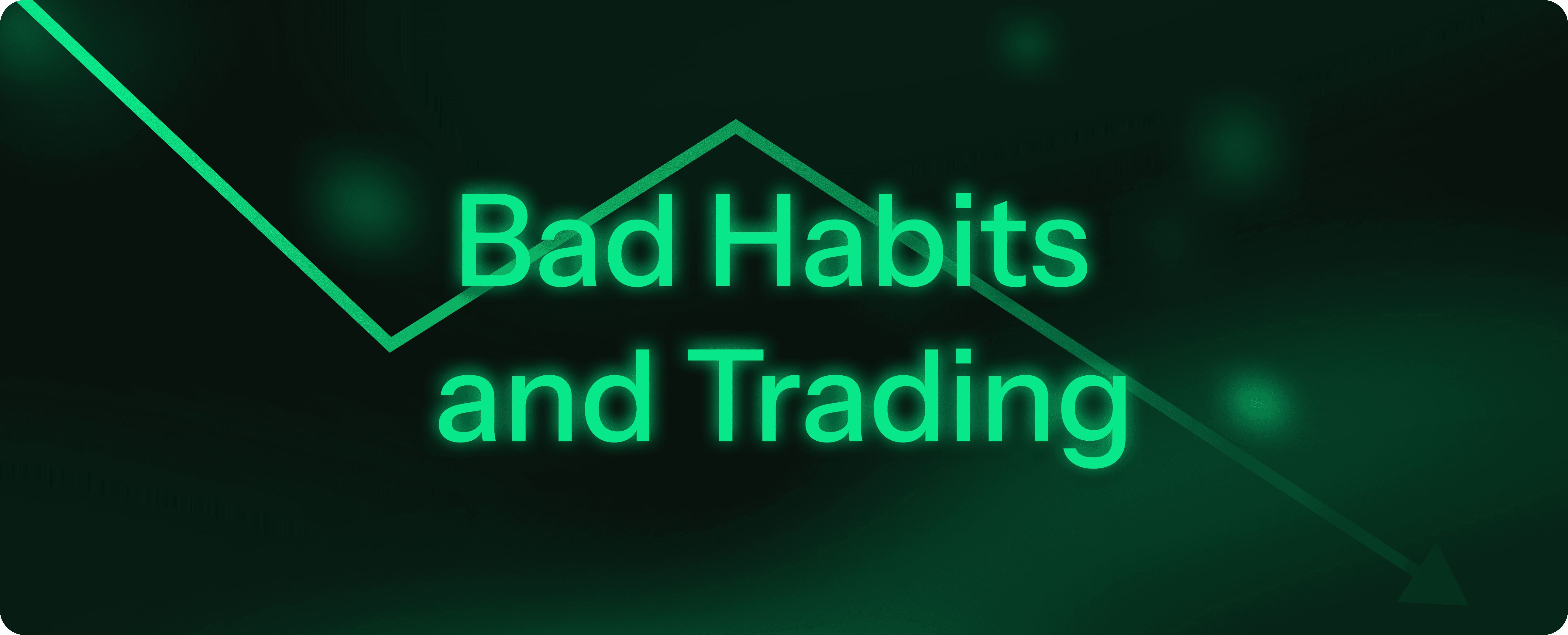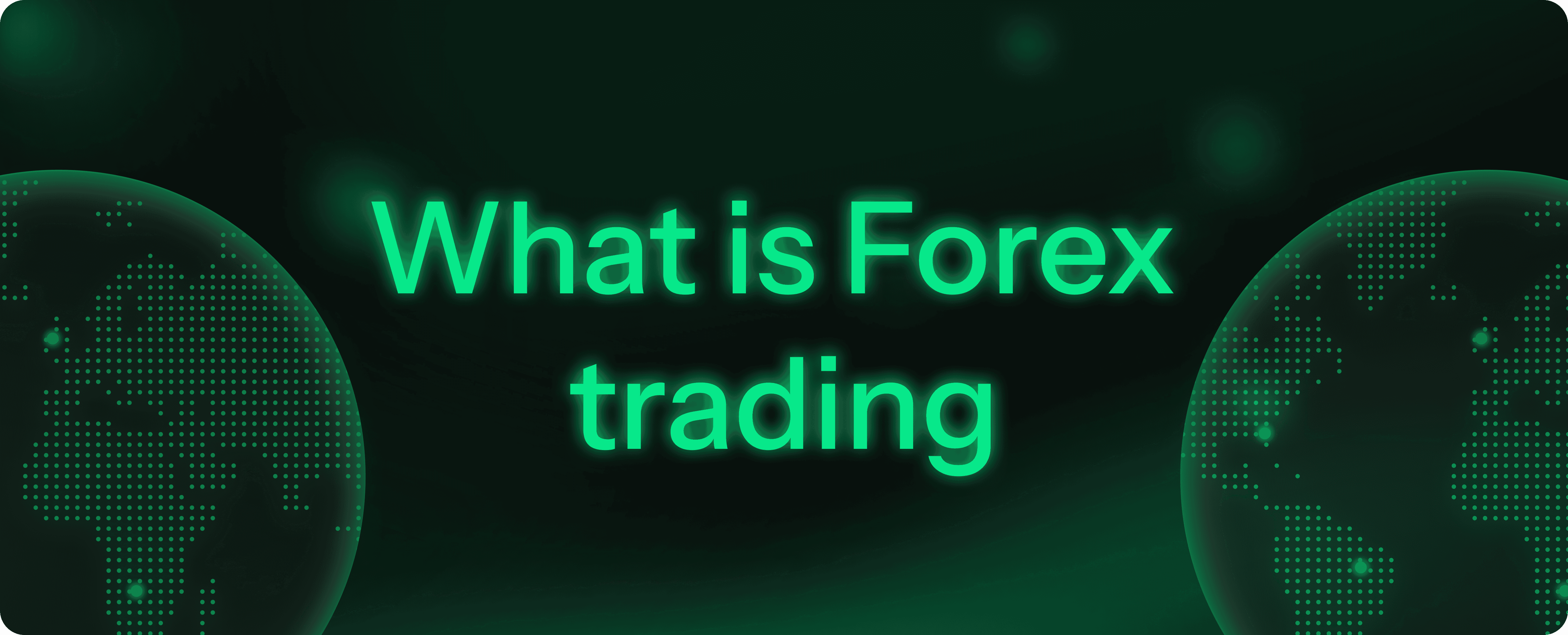Mike | The Lab
Published on
Jun 25, 2025
You have completed the analysis. You have indicated the levels. After the price hits your comfort zone, you suddenly experience hesitancy, anxiety, and retaliation. Does it sound familiar?
Emotions in trading are not just a weakness, they are the single biggest threat to your edge.
Why trading is emotional by nature
Trading reduces decision-making, risk, and uncertainty to a matter of seconds. Naturally, this elicits feelings such as:
You hesitate, miss trades, or leave too soon out of fear.
Greed: You overtrade, oversize, or follow the trend.
Anger: You "get it back" by engaging in a revenge transaction following a defeat.
Euphoria: Following a victory and a loss of discipline, you feel unstoppable.
The brain is attempting to minimize pain or enhance pleasure, which is where these emotions originate. But how you feel is irrelevant to markets.
Try to: Write down your most frequent emotional triggers in your journal. Writing down your feelings before and after each trade helps you see trends, which is the first step toward personal development.
How to manage emotions in real time
Experience doesn't make emotions go away. They are controlled by awareness and structure.
Make decisions before emotions take over by trading with a set plan.
Keep a notebook to monitor how your emotions impact your trading.
Don't spend too much time on screens while you're not in a setup.
Recognize that failures are a natural part of the process and do not indicate your level of skill.
Remain away from the screen when your emotions are running high. Distance brings clarity.
TL;DR
Feeling emotions is not a sign of weakness. All traders do. Professional traders don't act on them, which is the difference. They follow procedures rather than emotions. Control your feelings, and your performance will follow.






